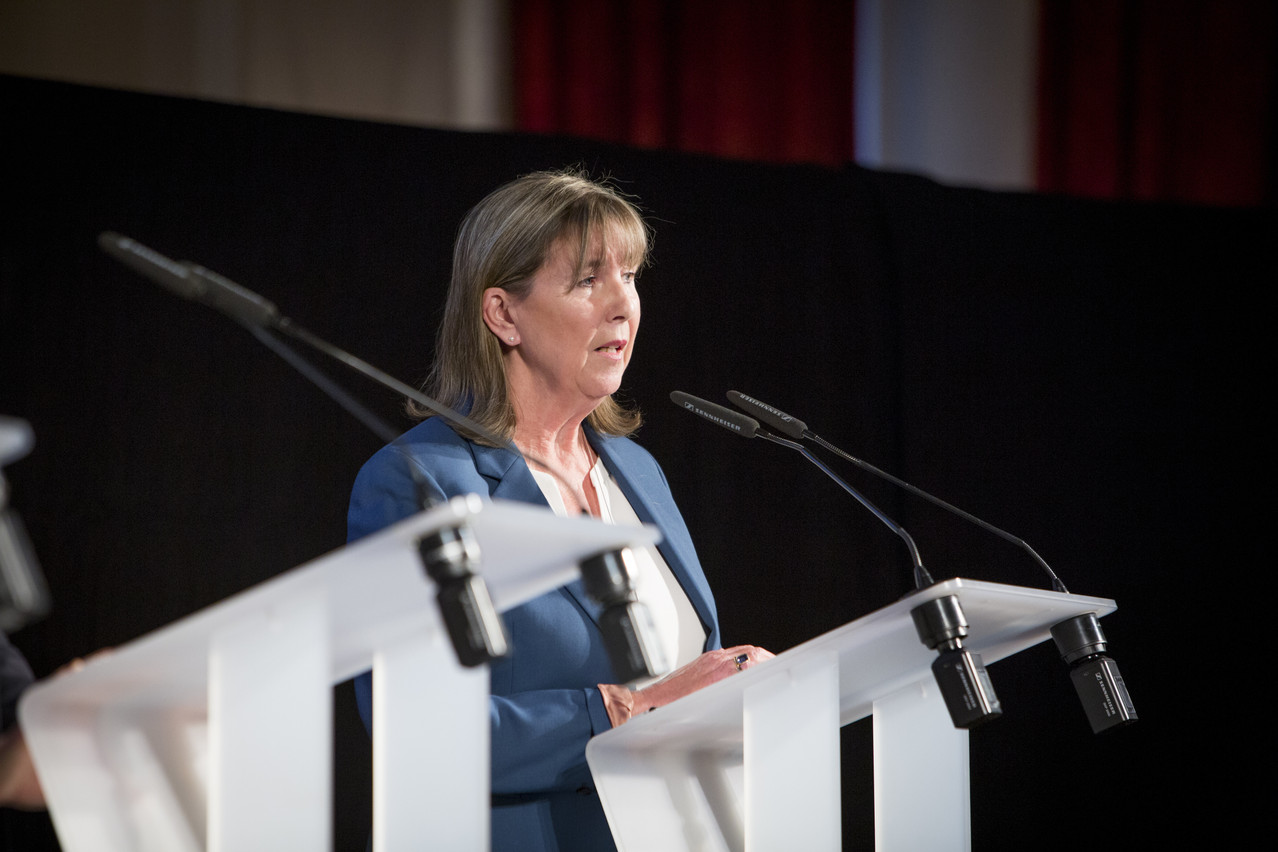On Sunday 8 October, voters went to the polls and decided their next local councils and mayor for the next 6 years. A total of 3,575 candidates vied for the votes of 285,335 registered voters. In small towns (under 3,000 inhabitants) the councils are elected by majoritarian system, and there are no party candidates, only individuals.
By contrast, in the 46 of the 103 electoral districts, a proportional representation system ensures that the bigger towns (above 3,000 inhabitants) have the same voting system as in the national parliamentary elections.
In these “Proporz” communes, overall the CSV is the winner (30.4%), with the LSAP (24%) and the DP (18.2%) trailing behind. Déi Gréng get 4th place with 16.4%. Overall, this means that 209 seats go to the CSV, 155 to the LSAP, 108 seats to the DP, and 77 to the Greens and 51 to smaller parties (out of 600).
Some towns produced electoral surprises, such as Esch-sur-Alzette. While one can note a move to the right within the country, populist and/or radical right parties did not make any significant gains.
Some information in this interactive map is labelled in French due to the data source. Party with most seats: “non précisé” means none specified or not available. Voting system: “proportionnel” means proportional representation; “majoritaire” means majority rule; “loi fusion” means fusion of local councils.
CSV gains, LSAP losses
The DP has come out of these elections as the biggest party, yet the CSV is considered widely as the real winner. The DP, who has governed the capital (in coalition with various parties) since the second world war, has 9 seats with 30.04%, down from 10 seats with 33.65% in 2011. Lydie Polfer, the incumbent mayor, scored her best result since 2005 with 12,653 votes, but she does not yet come close to those of her predecessors.
The CSV has made a huge jump, up from 19.05% to 25.03%, gaining two seats, one from the DP and one from the LSAP.
The Greens managed to keep their score stable (with a slight increase of 0.81%, despite having been the smaller coalition partner in the past two local councils. So have the ADR and Déi Lénk, who both keep their seat(s).
The biggest loser is the social democratic LSAP, who lost around 4% and a seat.
Both the DP and the LSAP have not managed to renew their party lists. While Xavier Bettel incarnated that renewal in 2011, only 2 of the 9 mandates are taken by new faces; Tanja de Jager and Héloïse Bock. The younger candidates, such as Marc Ruppert, did not get elected. At the LSAP, Marc Angel has said he would assume responsibility for the result and leave space for new fresh faces. A strategy which worked for the CSV; who had a young lead candidate with Serge Wilmes, and 3 of its 7 elected members have not been in the council before.
Coalition possibilities
The DP could technically govern again with Greens or the CSV.
Lydie Polfer has already indicated, according to our sister paper Paperjam, that she is open to coalition talks with the CSV, saying that “it is normal that one enters into a discussion with a party that has won two seats.” Wilmes has already warned that “no party can ignore us.”
However, mathematically speaking a coalition between the CSV-Déi Gréng-LSAP is also possible (ousting the biggest party, as happened at the national level in 2013), but unlikely.
